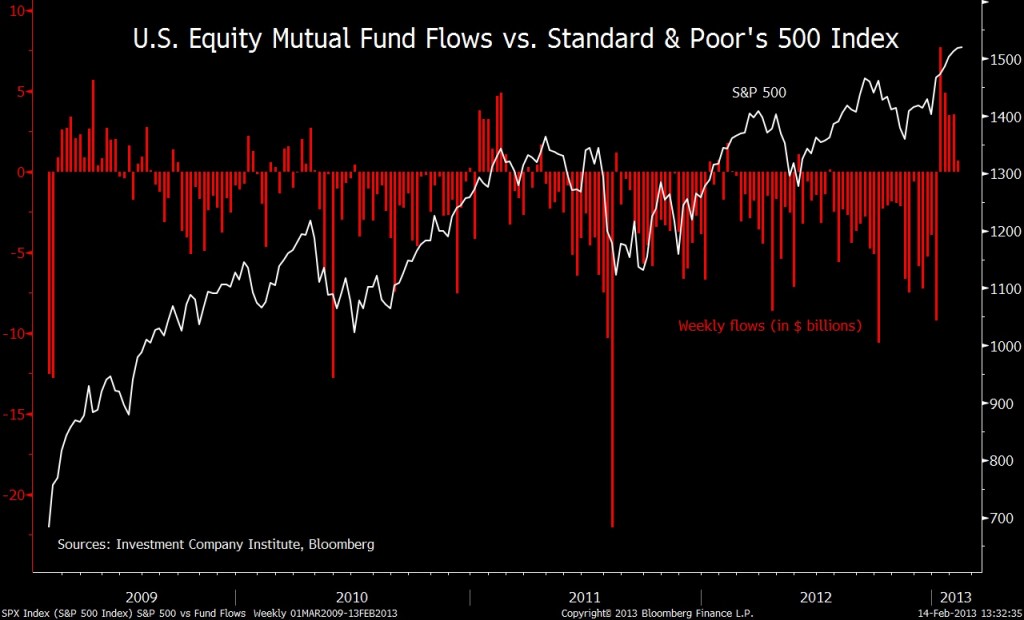Guide to Car Buying and Leasing
 Our friends at the The Big Picture have published an excellent and very up-to-date guide to buying and leasing a car.
Our friends at the The Big Picture have published an excellent and very up-to-date guide to buying and leasing a car.
Here’s an overview of how to expertly navigate this process while saving time and money.
1) Set Up Your Online Shopping Identify:
Get a Google Voice account (its free) then get a LeeMail account (its free). These are the only numbers/addresses you use until you decide which car you are getting from which dealer.
2) Do your homework: Before you ever step foot on a dealer’s lot, you need to figure out a few things:
a) What kind of transport? Are you looking for a minivan, convertible, truck, coupe, SUV, etc.
b) The range of competitive vehicles for that car type
c) Your actual budget (including your “bottom line” monthly price)
d) Buy or Lease? (see #3)
3) Buy or lease? Most people should own, not lease cars. Its better not to pay for just the most expensive years of a depreciating asset.
The exception is if you can lease with pre-tax dollars — if you own (or are senior enough in) a company, than a lease may be a great deal. But without that tax advantage, the numbers favor owning.
4) Know Your Price Range and Approximate Cost of Cars: All of the cars I mentioned have extensive websites where you can build and price vehicles. You end up with MSRP.
5) Understand Factors Which Impact Pricing: The cost of any given car is a function of its retail price (MSRP), specific programs dealers are running, financing, what is hot or not, and other factors.
6) Be aware of the sales routine: If you followed steps 1-5, you know the approximate cost of the car, plus the options you want, and how that prices it.
7) Understand the buying/leasing math: The purchase math is simple: Negotiated cost of car plus financing expenses.
8) Use Online Salespersons: I asked several dealers for quotes on cars. If they ignored my request for an emailed quote and called, I held that against them. Different dealers have differing demands for specific cars. Some of the deals were very competitive .
9) Go to Competing Dealerships: Don’t be afraid to cast a wide net.
10) Use a car buying service: That was the suggestion for people who are too busy or intimidated or who simply dont want to be bothered. Leading suggestions: USAA, Credit Unions, and (mulitple recommendations) CostCo.
Check out TBP’s full guide at http://www.ritholtz.com/blog/2013/02/guide-leasing-buying/











